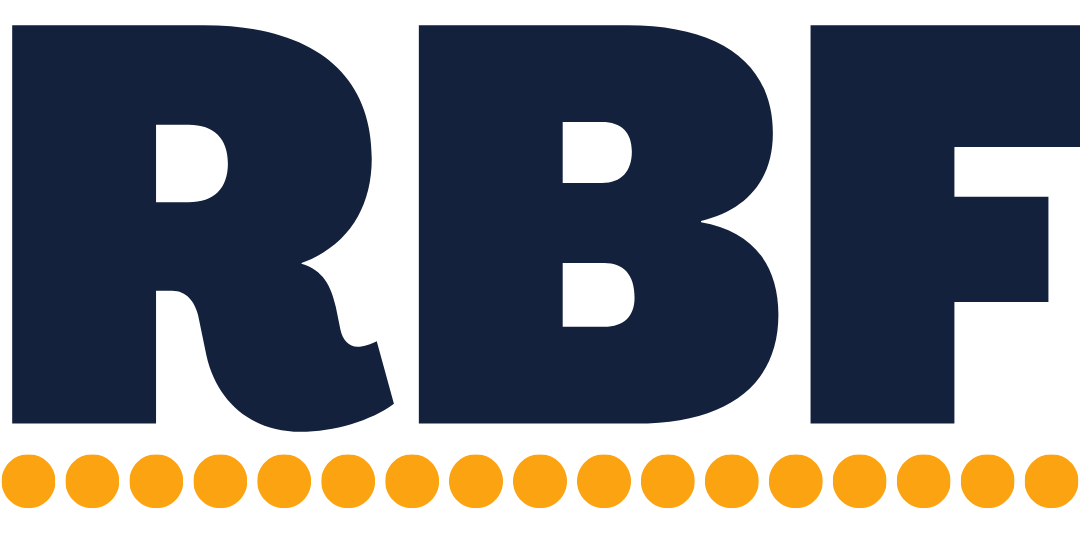Use a scalpel, not a hacksaw
Hey, I’m Michael Eckstein 👋, and this is ‘Ordinary & Necessary’, a weekly newsletter about the boring business topics that won’t generate clicks on the web, but will help you manage and grow your business. You signed up on my website. If you’d like to unsubscribe, just click here. No harm, no foul, I’d love to have you back sometime.
You hear the same stock market advice during every recession. Don’t panic, don’t be emotional, and continue making educated decisions.
The same advice applies to small businesses during a recession. Many small business owners are jumping to extremes, slashing costs across the board, and laying off staff. But, sudden, haphazard cost-cutting often does more harm than good. They’re getting rid of services, software, and vendors they need to run their business or firing employees that they need to generate revenue. Even though cash flow is hurting and everyone around us is panicked, you need to continue making smart business decisions.
For example, not all cost-cutting needs to be drastic. Slashing and burning your expenses shouldn’t be your first solution when you’re going through a 15-20% pullback. Several small cutbacks, when combined, can get you back to breakeven.
Use a scalpel and cut costs deliberately:
- Figure out exactly how much revenue you’re losing so you know exactly how much to cut your expenses. What feels like a 40% drop that requires drastic action, might only be a 10-15% drop in revenue.
- Target the easy expenses first. The ones you should’ve cut 6 months ago, but never had the time to.
- Combine expenses and save on the incidentals.
- Negotiate with all your vendors. Call every single subscription service, independent contractor, utility company, and landlord.
- Then, repeat all your business cost-cutting measures for your personal life. Your salary is also a major business expense. Cutting your personal expenses will let you cutback your salary.
A word of warning, cutting costs isn’t fun. It’s an incredibly slow and tedious process of combing through your financial records and calling vendors. Some small businesses will take the easier route and put everything on credit. Taking on additional debt instead of cutting expenses will crush those businesses in a few months (especially if it’s credit card debt). Only take on additional debt when it makes financial sense.
Want to read more about cutting costs? Here are some good articles from the Harvard Business Review (especially for larger small businesses) on cutting costs:
https://hbr.org/2010/05/when-youve-got-to-cut-costs-now
https://hbr.org/2017/03/how-to-cut-costs-more-strategically
THIS WEEK’S ACTION ITEM: Do a serious review of your business (and personal) expenses. Cut back on your wants. Downgrade on that software subscription. Cancel your 3rd streaming service. Negotiate your bills (even your personal bills). Small cuts add up.
Have a good weekend and stay safe!
Michael Eckstein
P.S. Still confused about all these new COVID-19 small business resources? Check out these write-ups:
SBA: https://www.sba.gov/page/coronavirus-covid-19-small-business-guidance-loan-resources
Gusto: https://covidresources.gusto.com/
Bench: https://bench.co/covid19-small-business-resources/
Are you reading this from outside the US (awesome!) and don’t want to get any US-based content like those links right above? Click this link and you won’t get it again: [removed]
